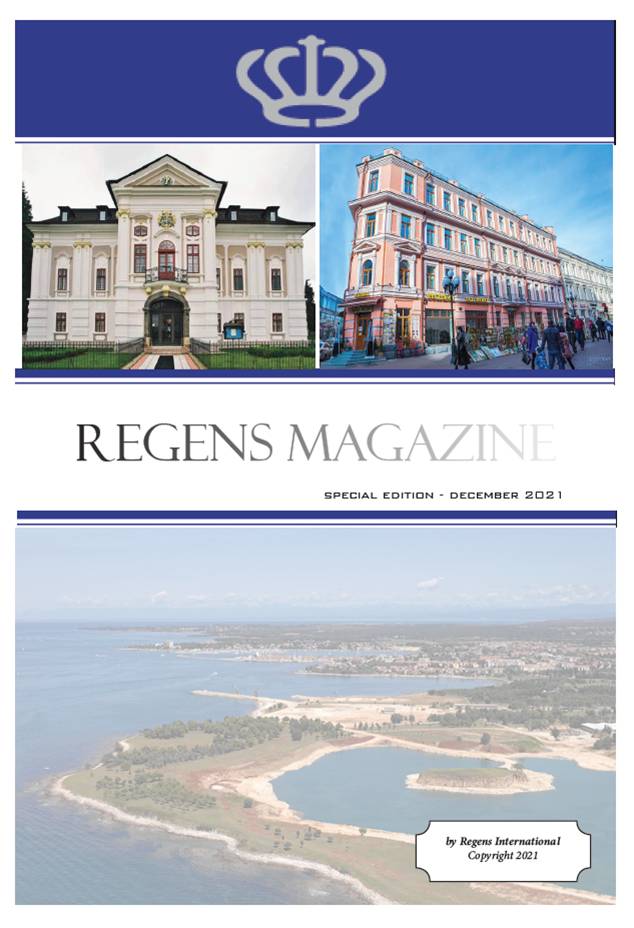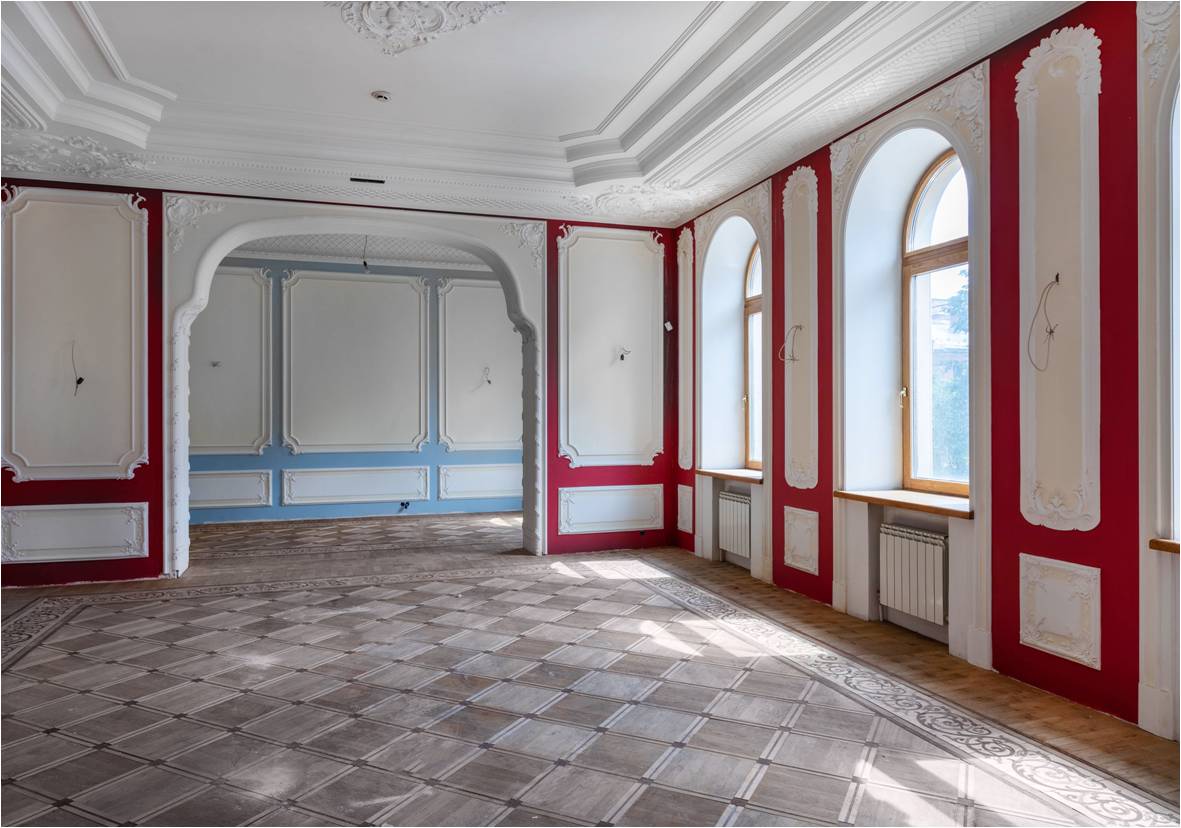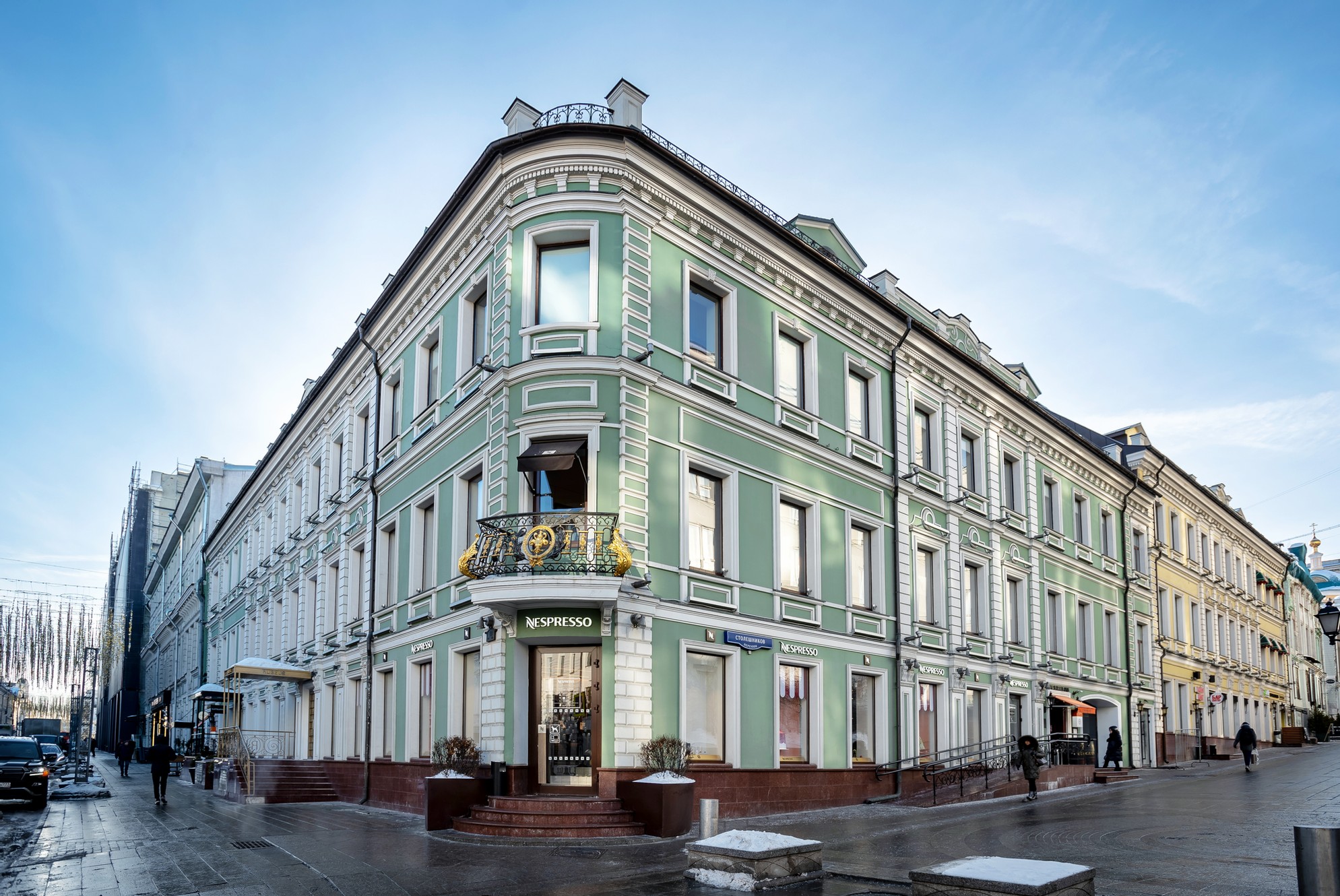Effects of the conflict on the Russian property market
The war, with its trail of death, destruction and despair, is undoubtedly the most terrible tragedy that Europe is going through at the moment, the escalation of mutual sanctions that the "Western bloc" and the Russian Federation are putting in place is also destined to have a significant impact on the economy of the entire continent for many months (or perhaps years) to come.
Among the recently introduced measures that could have a greater impact on the population and influence the investments of individuals and companies in Russia, the sanctions affecting the banking sector may play a vital role. To name a few, the most significant of them are:
2nd March Disconnection from the SWIFT international payment system of some Russian banks (VTB, Bank Rossiya, Otkrytie, Novikombank, Promsvyazbank, Sovkombank and VEB.RF), involved in strategical sectors of the local economy.
9th March The Russian Central Bank imposes restrictions on foreign currency transactions on the population, such as:
- Limitations on cash withdrawals from foreign currency accounts or cards; it is not possible to withdraw more than 10 thousand USD (or its equivalent in Euro) during the 6-month period until 09/09;
- During this same period Russian banks are not allowed to sell currency (USD or Euro) to individuals, while it remains possible for the population to sell currency to banks;
- It has become almost impossible to withdraw currency in cash from ATMs. Theoretically, it is possible to 'reserve' cash in currency with one's bank, but up to the maximum indicated above (USD 10,000 in 6 months), with waiting times that can vary considerably depending on the amount of the sum;
- As of 1st March, it is no longer possible to transfer money to one's own foreign accounts, but it is possible to send up to USD 5,000 to a non-resident close relative abroad, on presentation of proof of relationship to the bank for currency control purposes.
10th March Visa and Mastercard block cross-border transactions with debit/credit cards issued by Russian banks. It is no longer possible to make online payments or withdraw money abroad with these cards, nor is it possible to make online payments or withdraw cash in Russia with cards of these circuits issued by foreign banks.
Subsequently, American Express and electronic payment systems such as PayPal and Google Pay also announced the suspension of their activities in Russia.
Introduction of restrictions on foreign citizens
In response to the sanctions introduced by the West, the Russian government has issued a package of countermeasures "in support of the country's financial stability", introducing a number of restrictions on foreign citizens.
These restrictions apply also to real estate transactions involving foreign nationals from countries "acting in a hostile manner" towards Russia (including EU member states and the US). This regards sale-and-purchase deals, but also property swaps, donations contracts and so on.
Under this new decree, foreigners will not be able to sell or buy real estate located in Russia without a permit issued by a governmental commission. The decree applies to individuals, but also to legal entities registered in those countries.
The range of entities affected by the decree is quite broad: for example, even if a company purchasing real estate is not registered in a "hostile" country, but is controlled by a natural person who is a citizen of a "hostile" country, the permit shall be required to conclude a transaction.
At this point in time, the operating procedures in application of the aforementioned decree have not yet been disclosed.
Undoubtedly, this news is worrying many foreign investors, who do not know what to expect in the future and fear further restrictions on disposing of their property in the country.
If we add to this the recent proposal to seize and nationalise the assets of foreign companies that have left the Russian market as a sign of protest in response to the ongoing conflict, it is understandable that a certain uneasiness is spreading among the international community having any sort of interests (including businesses, real estate or production plants) in the country.
What prospects for Russia?
The airspace closure, the flee of many multinationals of every sector, the interruption of operations on the local market by a large number of service providers or specialised aggregators (e.g. Booking and AirBnB), the likely blocking of instant messaging apps and social networks such as WhatsApp, Instagram in the country and the possible disconnection of Russia from the global internet network, all contribute to resuming the feeling of a new "iron curtain" dividing Russia from the outer world.
Although the country has now been labelled by many as a 'rogue state', there is still hope that diplomacy will be able to find a way out of the critical phase of the conflict and stop the military operations as soon as possible, so as to create the conditions for trying to restore a climate of détente that would probably also allow the gradual loosening of the sanctions.
If this were not the case, several factors could have critical repercussions on the domestic outlook. To name a few:
- The current crisis is only worsening a macroeconomic situation in the country which even earlier was already "seriously damaged", partly due to the effects of the pandemic and partly due to everlasting structural deficiencies. According to official data from the state statistics agency Rosstat, the average income of the population has been falling gradually and steadily year-on-year over the last six years in a row.
- Skyrocketing inflation ("official" 2021 inflation rate: 8.39%, while the "real" index was undoubtedly no less than 15% in one year) has further eroded the purchasing power of the population, with price increases that in some sectors (building materials and others) have exceeded 25-30% in one year.
- Within the framework of the current sanctions, foreign producers of almost every category of goods have announced that they will stop supplying the country, which is likely to cause a shortage of many types of products, and an exponential growth in the prices of those still available.
- Since the beginning of the war, the rouble has hit a record low, losing about 50% of its value against the US dollar and the euro in just a few days.
- Many multinationals have already shut down or announced that they intend to cease operations in Russia, which shall result in the loss of hundreds of thousands of jobs throughout the country (mainly in major cities). To give an example, IKEA alone, despite having average turnovers in Russia in excess of several hundred millions of Euro, has closed all its stores and factories and halted all imports and exports to and from Russia. This move affects the lives approx. 15,000 employees and their households throughout the country.
- A great number of foreign small and medium-sized enterprises have ceased operations, which among other things will also create upheavals in almost all segments of the real estate market, primarily the residential market, but also offices, commercial premises and warehouses. Similarly, a negative impact will result from the consequent 'flight' of many foreigners (individuals) from the country, with significant repercussions on the rental segment of business-class and high-end properties.
- As a result of the departure of many foreign players and the blocking of the operations of their cross-border partners, an uncountable number of small, medium and large Russian companies will see their business affected, and many local entrepreneurs will probably be forced to try to cut down on costs in order to restrain the adverse effects of the situation, thus putting an unidentified number of jobs at risk.
- The disproportionate increase in the Central Bank's refinancing rate has caused mortgage interest rates to shoot up from 8-10% p.a. previously to a staggering 18-20% per annum today, thus making mortgages unaffordable for ordinary people who previously accounted for at least 50-55% of home buyers.
- The reciprocal bans on supplies including, among other things, raw materials, hydrocarbons, foodstuffs, aviation components and much more, will result in huge budget shortfalls for all (especially European) countries involved, sharp price increases in all sectors, and shortages of items and products in the country that until yesterday consumers took for granted.
- The potential loss of hundreds of thousands of jobs would undoubtedly bring forth critical consequencies for a countless number of households, thus aggravating the risk of insolvencies and foreclosures, which would result in increasing pressure on the banking system. All this also raises the spectre of serious social upheaval, unemployment and a possible rise in crime rate.
If the above assumptions persist, real estate prices in Russia are likely to fall significantly in the next few months, unless the government manages to find effective solutions to counter the effects of sanctions and halt the general financial and economic collapse in the country, so that not only companies but also ordinary people and households can benefit.
Undeniably, if one looks at the current situation, there are dark clouds on the horizon for this country that could coincide with the risk of a sovereign default.
Nonetheless, those who have had the opportunity to appreciate this country in better times, hope that as soon as possible Russia can recover, that it can be reborn, because, to close with the verses of a well-known local poet:
"With reason Russia cannot be understood [...] in Russia one can only have faith".
Fyodor Tyutchev (1803-1873)
Alessandro Alessio
This email address is being protected from spambots. You need JavaScript enabled to view it.
- Hits: 679



 Russia
Russia Hotels & Hospitality
Hotels & Hospitality
 Retail & Restaurants
Retail & Restaurants
 Investment opportunities
Investment opportunities
 Warehouses & Production
Warehouses & Production
 Luxury & Lifestyle
Luxury & Lifestyle



